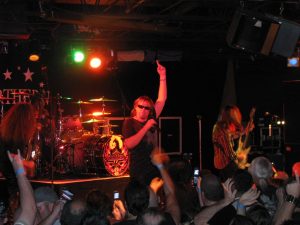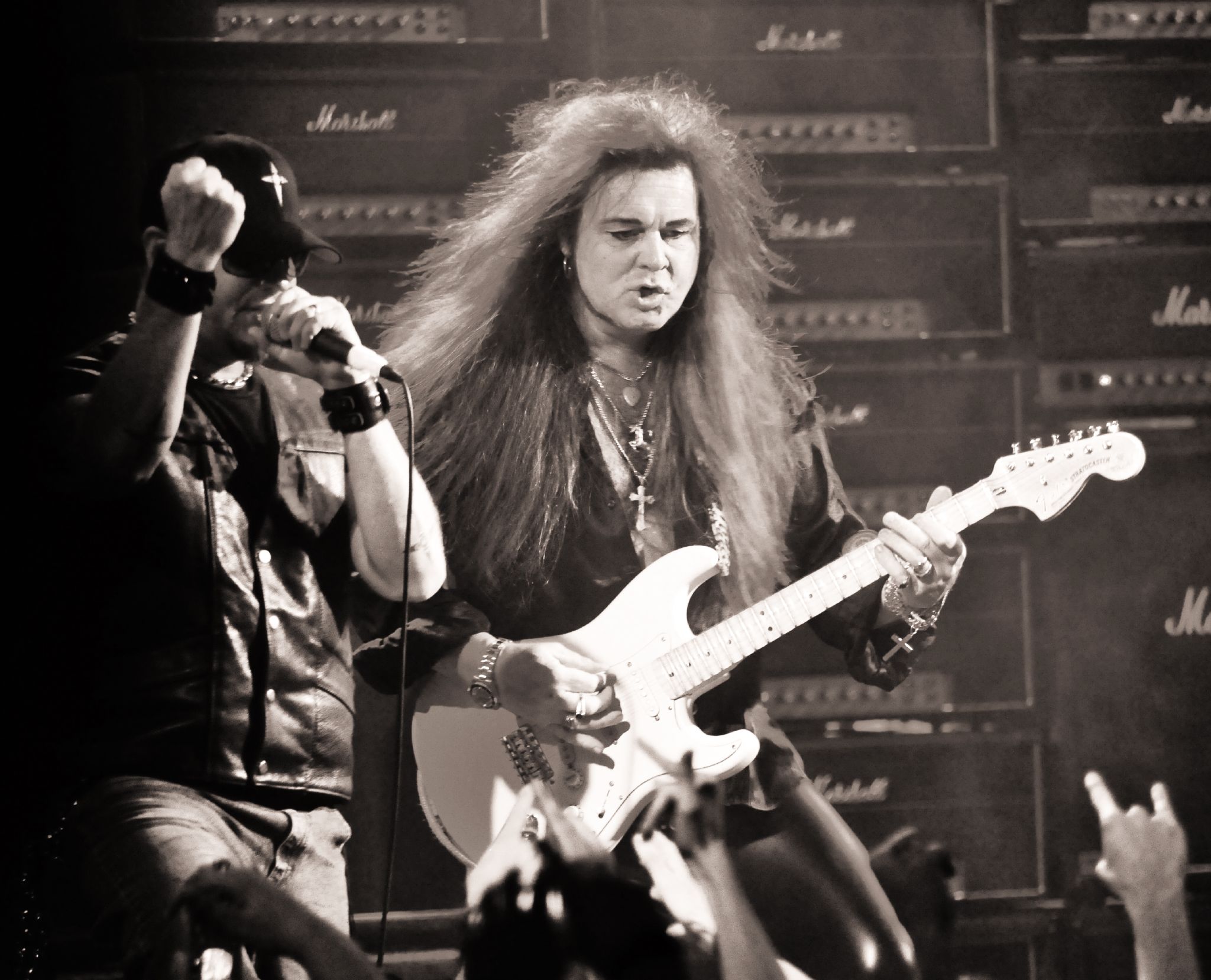Rocking with Dokken
The American band Dokken was formed in the late seventies by front man and singer Don Dokken. Before actually recording and releasing any music, the band played at various clubs both in the USA and in Europe. Dokken has always been centered around two characters; the aforementioned singer Don and gifted guitarist George Lynch. However, the other band members are equally important for the sound of the band. Bassist Jeff Pilson and drummer Mick Brown are extremely talented musicians, contributing to the true Dokken sound.
Jeff Pilson and drummer Mick Brown are extremely talented musicians, contributing to the true Dokken sound.
In 1981, Dokken released its debut album Breaking the Chains. Although not as good or well-produced as their coming albums, it was still a highly potent musical experience for all fans of heavier rock music. The album did not get a world wide release until 1983, though, and the name of some of the songs changed. The song We’re Illegal was renamed to Live to Rock, Rock to Live. After the release of this album, bassist Joan Crucier left the band and later joined Ratt. Jeff Pilson took his place, and Dokken recorded their classic Tooth and Nail in 1984. The new album had a heavier sound than before, and contained some classic tracks that are played by the band even today.
Being a highly productive band, Dokken released their next album, Under L ock and Key, in 1985. This album proved to be slightly more melodic than its predecessor, and at times more laid-back. However, it was another success for the band nevertheless. Unfortunately, Dokken suffered from internal conflicts throughout their career, which started to affect their productivity. Despite of these difficult times, the band released their album Back for the Attack in 1987. This is by many fans around the world claimed to be their best album. Their final recording, before they called it a day in 1988, was the excellent live album Beast from the East.
ock and Key, in 1985. This album proved to be slightly more melodic than its predecessor, and at times more laid-back. However, it was another success for the band nevertheless. Unfortunately, Dokken suffered from internal conflicts throughout their career, which started to affect their productivity. Despite of these difficult times, the band released their album Back for the Attack in 1987. This is by many fans around the world claimed to be their best album. Their final recording, before they called it a day in 1988, was the excellent live album Beast from the East.
Due to popular demand, Dokken made a comeback in 1994, releasing a self-titled album in Japan. This particular album was released in a remixed form worldwide in 1995, then titled Dysfunctional. Some fans complained that the band did not sound the same anymore, being somewhat influenced by modern sounds of grunge and alternative music. The follow-up to that album in 1996, Shadowlife, was sadly something of a disaster for fans of the classic Dokken sound. Thankfully, there are always the Dokken classics to return to.



